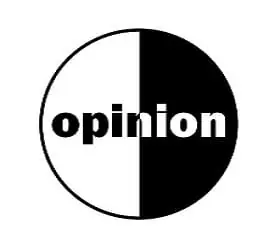In the Caribbean, ‘Emancipation Day’ is celebrated enthusiastically as the day on which legal slavery ended and this is as it should be.
It isn’t the same day for all the territories as the different slave owning nations issued or enacted Emancipation Proclamations on different dates and for the Dutch, French and Spanish emancipation occurred on a different date for different colonies, in some cases years apart.
Using post- George Floyd terminology, this was the day when the enslaver took his knee off our neck.
Shouldn’t we also celebrate the day on which we, as oppressed persons, forcibly removed the enslaver’s knee off our neck, even if only briefly and only partially? Isn’t it just as important for our mental emancipation to acknowledge our self-liberation so that we don’t perceive ourselves as helpless victims who were only freed because the enslaver had a change of heart? Some territories – Guyana with the Great Berbice Uprising and the former Danish Virgin Islands where the 1733 uprising is remembered every year on the day after Thanksgiving – have sought to do this.
Shouldn’t each territory elevate the date of the start of the most significant bid for freedom in that territory’s history to the same level of significance as ‘Emancipation Day’?




